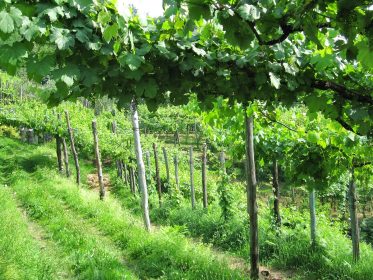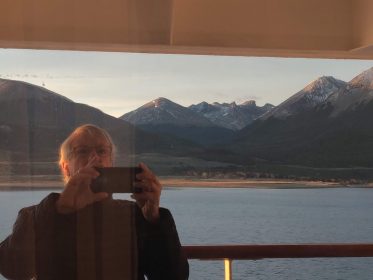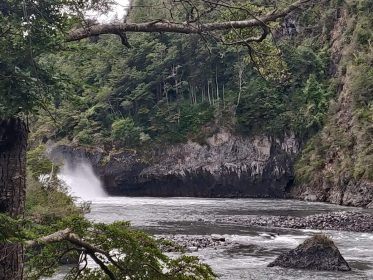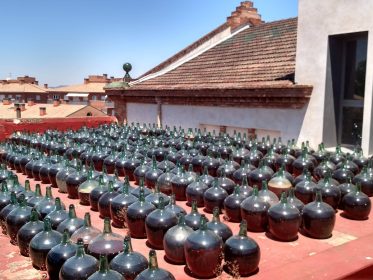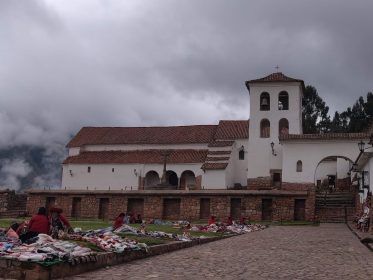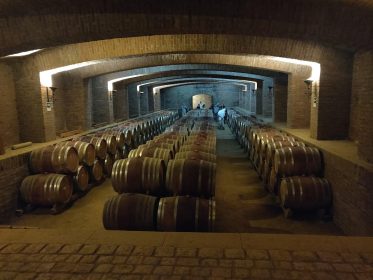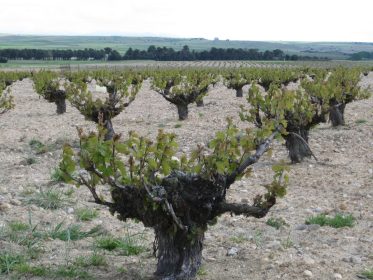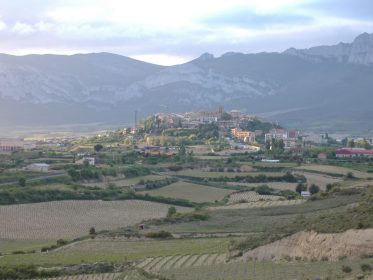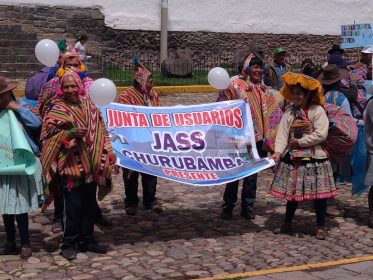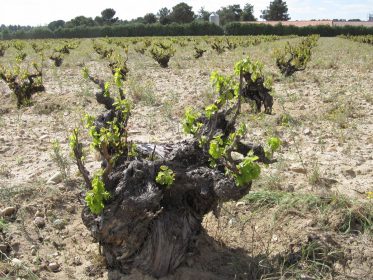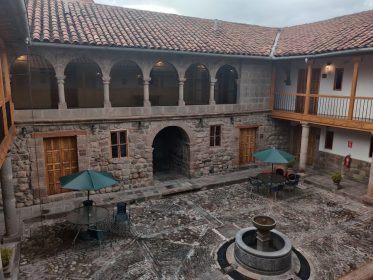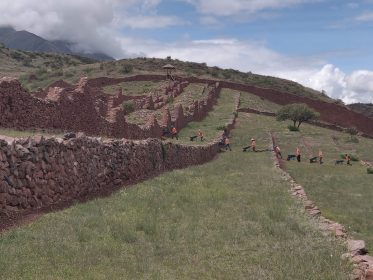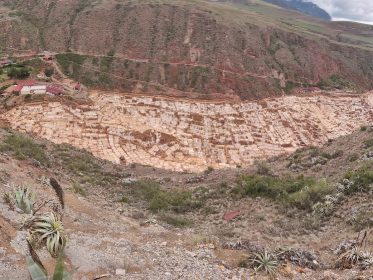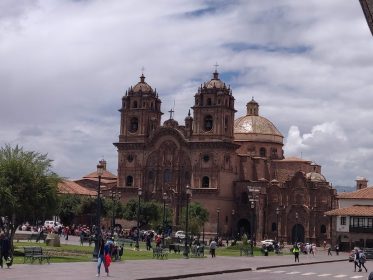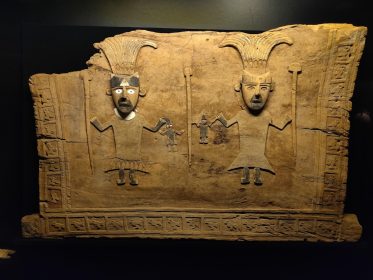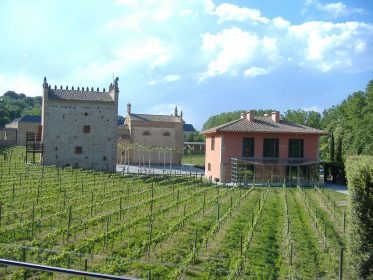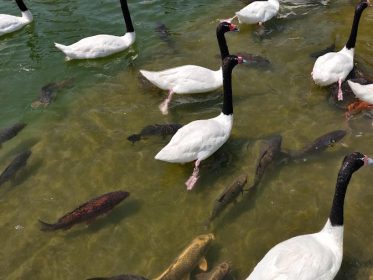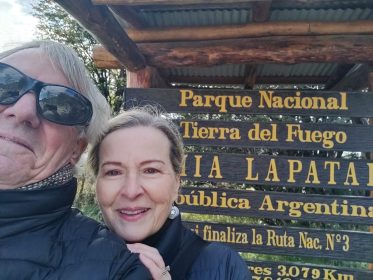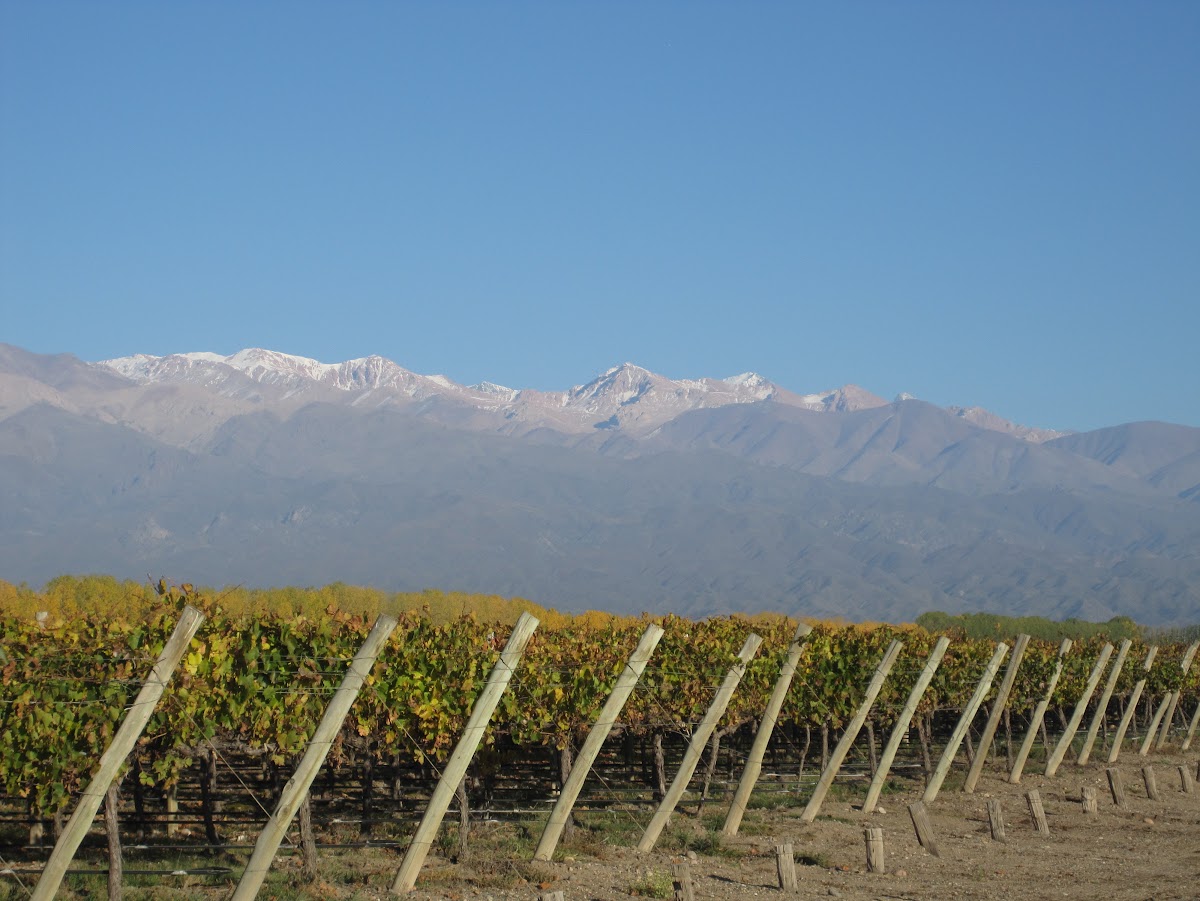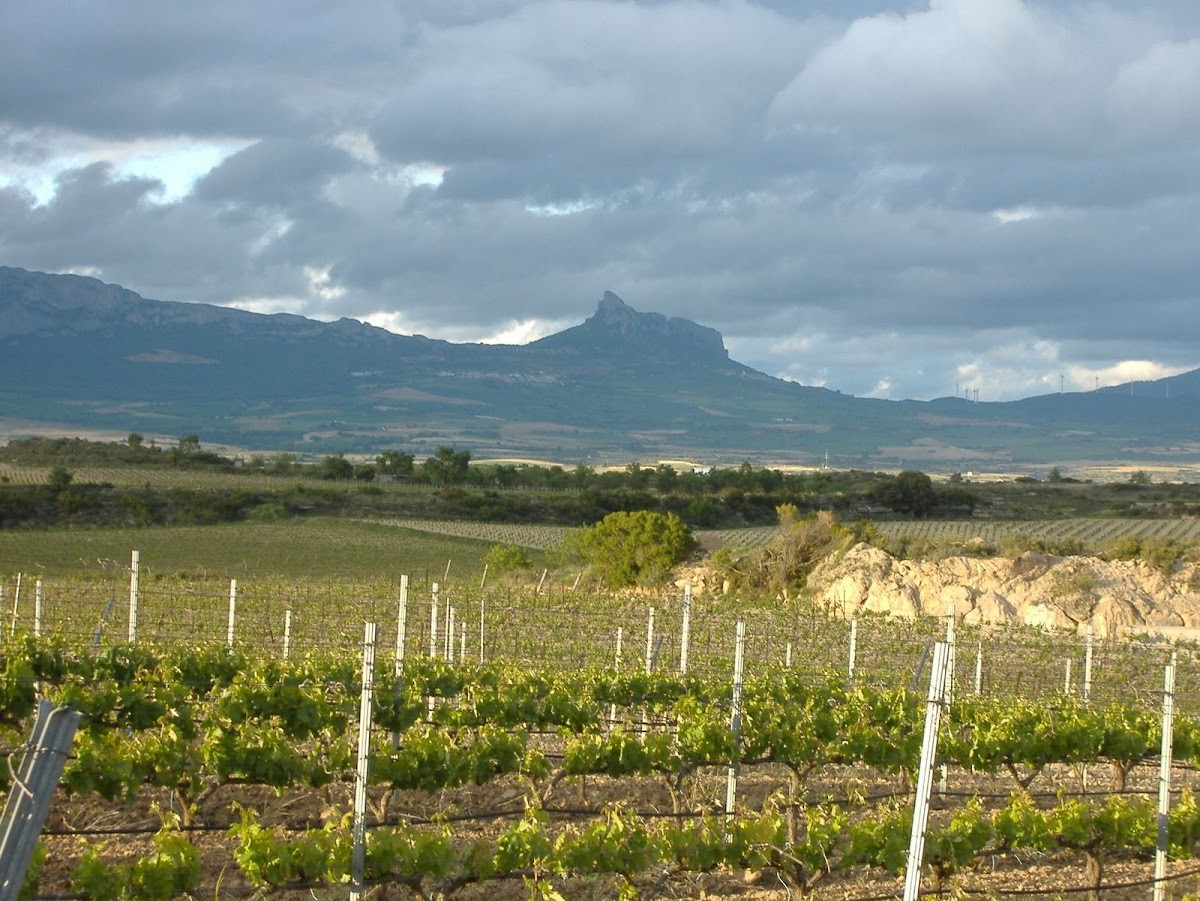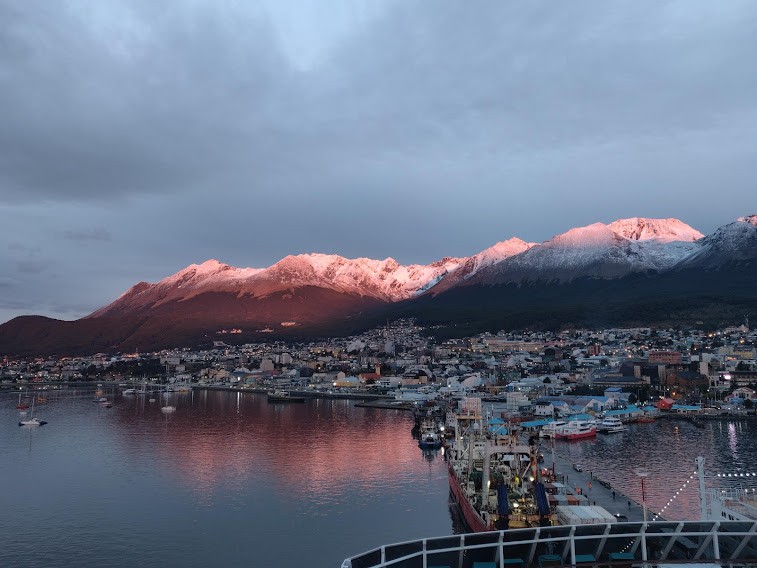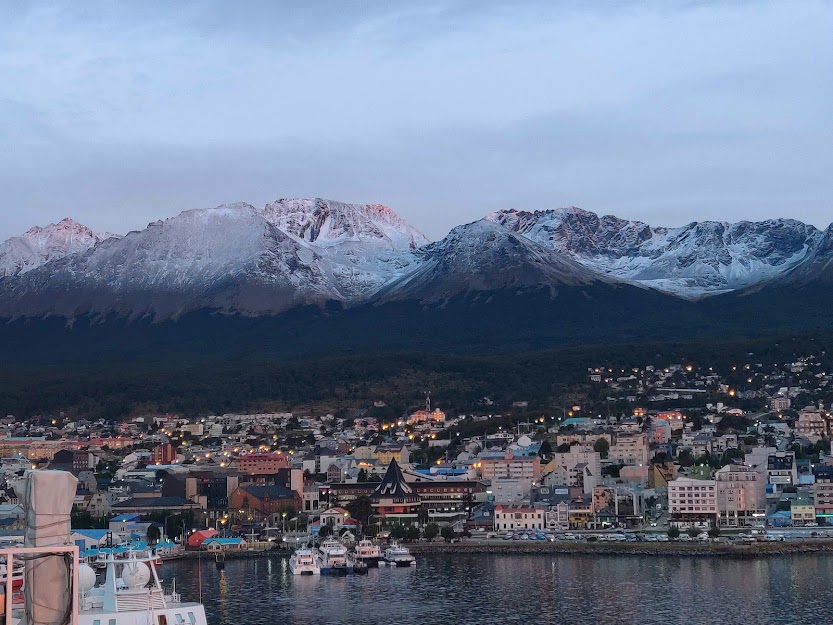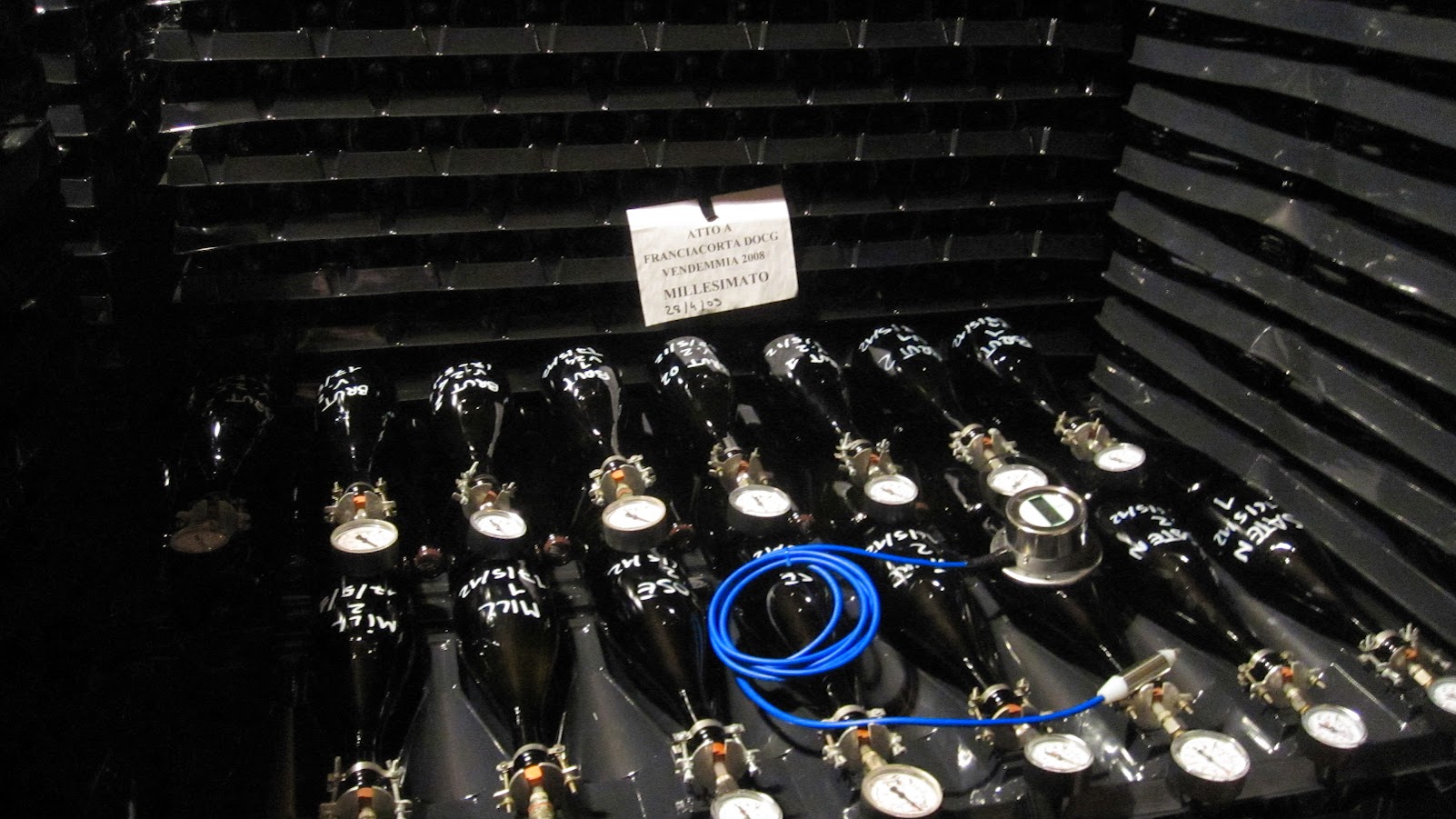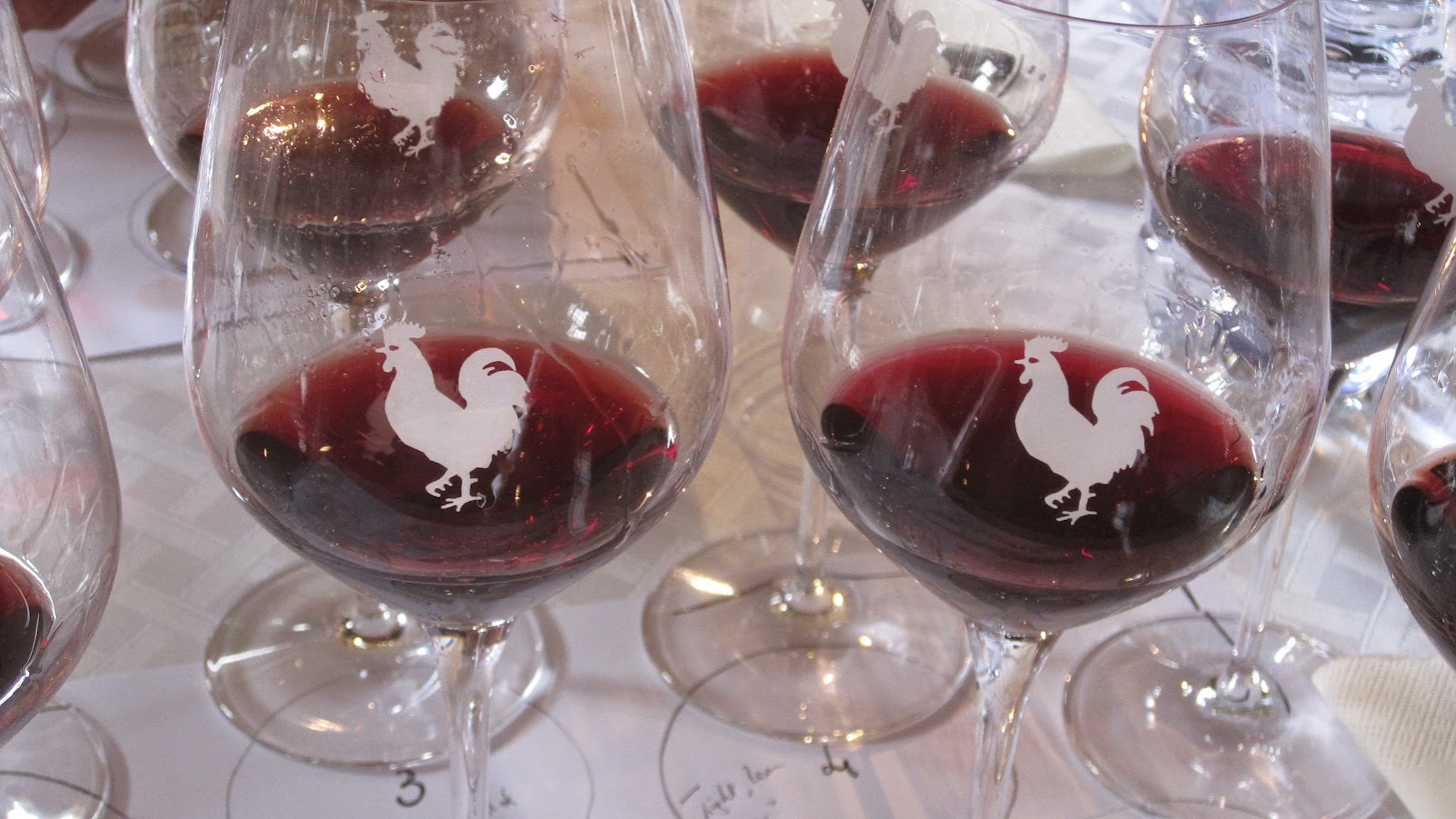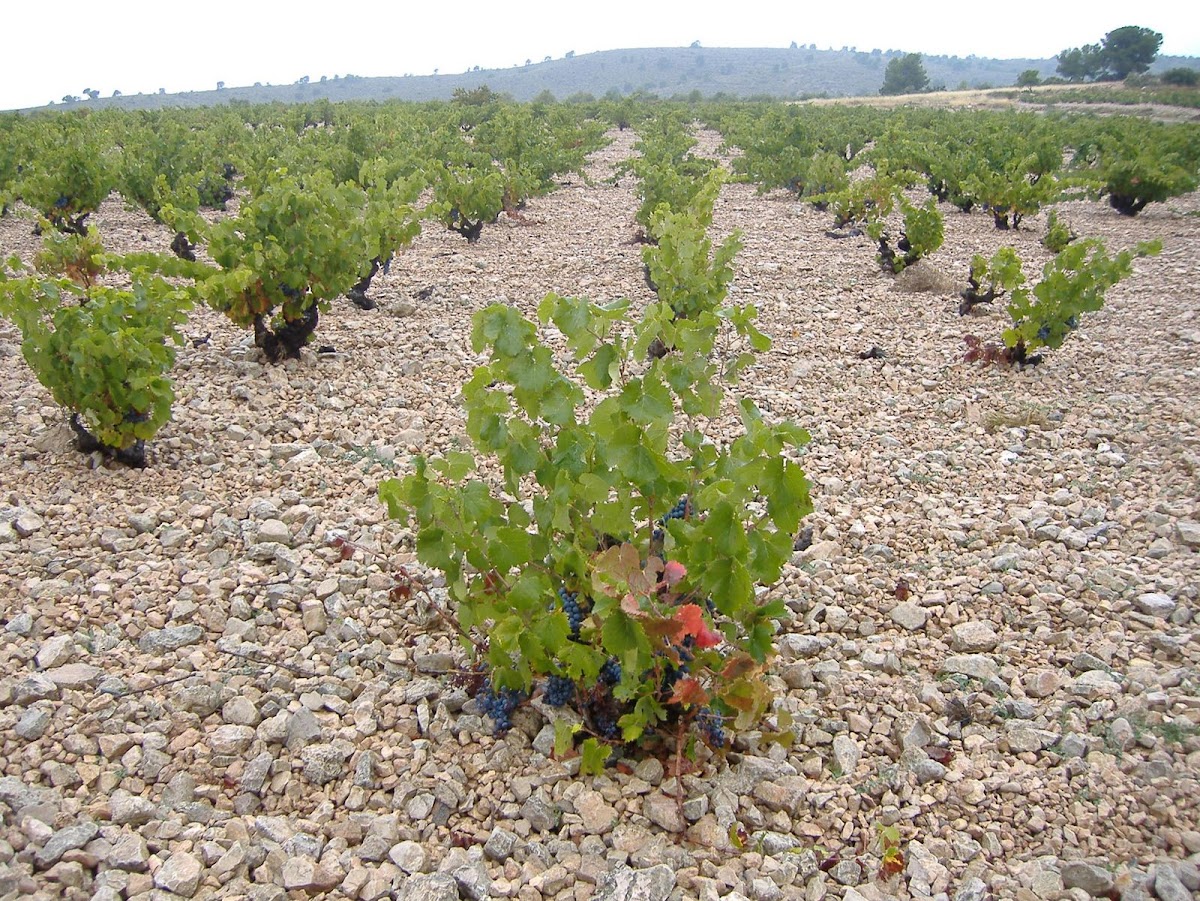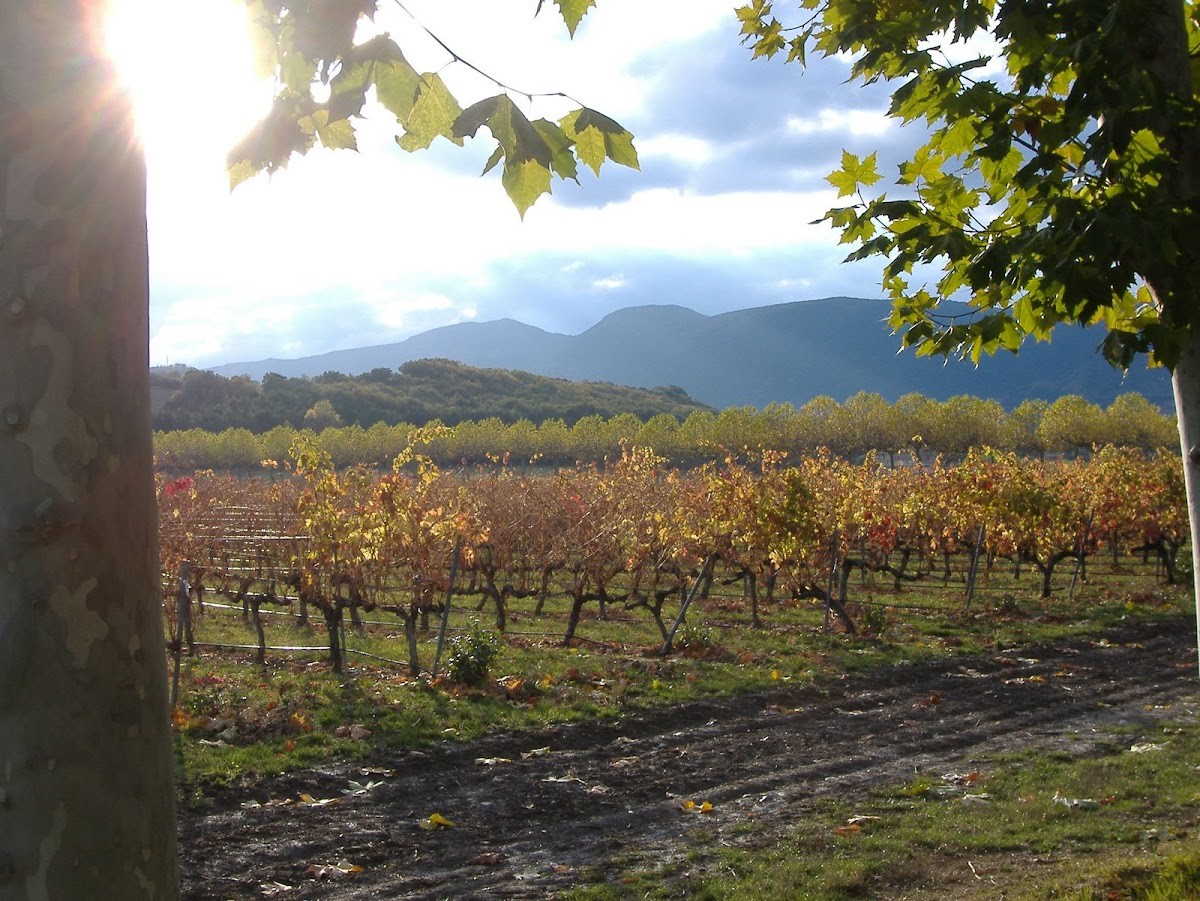Sailing the Globe with Paul Wagner – Wine Adventures with Expedia Cruises Open to All
Author: Veronika Busel
When we caught up with Paul Wagner after a bit of a hiatus, it was clear he’s crafted a retirement as robust and spirited as a fine vintage wine. Officially stepping back from Balzac Communications, the top-tier marketing agency he built from the ground up, Paul has not slowed down. Instead, he’s steering the helm of up to four luxe wine cruises a year as a Senior Consultant with Expedia, blending his deep love for wine with the thrill of travel.
Still rooted in education, Paul’s tenure at Napa Valley College spans three decades, and he continues to inspire students across Europe with the WINTOUR MBA program. His passion also spills over into writing, where he’s penned a series of murder mysteries set in his favorite vacation spots. However, his latest narrative venture, still unfolding, is set against the vineyards of Napa Valley and infused with the rich essences of the region he knows so well.
Paul lends his expertise to global wine strategies, this year engaging with the ancient terrains of Georgia and the emerging vineyards of Armenia. He is also a familiar face on the conference circuit, sharing his insights with audiences around the world. For Paul, retirement is less about winding down and more about chasing what brings joy and zest to his life – much like the perfect glass of wine. This interview peels back the layers of Paul’s vibrant career path and shines a light on his current adventures in wine tourism with Expedia. We’ll also explore how Paul, a proud Baby Boomer, continues to redefine what it means to age gracefully in the wine industry, proving that the journey only gets richer with time.
Veronika Busel: Could you share how your partnership with Expedia Wine Cruises began? What initiated this collaboration?
Paul Wagner: It started when the president of Expedia Wine Cruises visited my office. He was scouting for wineries that might be interested in hosting a wine-themed cruise. He figured, who better to ask than someone who knows the industry inside out? So he came to me and said, “Paul, can you help me find a few wineries interested in doing this?” I put him in touch with a couple, and he was quite pleased. But then he suggested I should really experience a cruise to understand what it’s all about. Now, I’m usually not a cruise person. I prefer quiet vacations, maybe hiking in the mountains with my wife, away from the crowds. But he suggested Alaska, pointing out it’s a place you can’t really appreciate any other way. I thought about it and agreed. It sounded intriguing. We organized a cruise with about 50 people, featuring two wineries – Paloma Vineyards and Robert Mondavi Winery. It was an incredible trip. We ziplined through forests, kayaked with orcas, and even walked on glaciers.
On the last night of the cruise, we were at dinner, having enjoyed several wine tastings and dinners over the week. I asked the group, “What was your favorite part of the cruise?” Expecting them to mention the adventures, I was surprised when everyone said it was the wine events. That was a revelation for me. I’m used to wine events; they’re part of my daily life, nothing out of the ordinary. But here, these events were the highlight for everyone else. That’s when I realized we were onto something special. We were creating an environment where people could experience wine in a way they couldn’t in their normal lives. So when I got back, I was all in. The president was happy to hear that the cruise was a success and asked if I’d be interested in hosting more. Since then, I’ve hosted multiple cruises each year for nearly 12 years, and we’ve experienced significant growth. Now, Expedia is the largest customer of many of the world’s top cruise lines.
VB: So, the wine events weren’t the primary focus initially, but with your involvement, they evolved into a distinct and standout experience, right?
PW: Well, we had planned that each of the wineries would host one wine tasting, and I would do one as well, plus a couple of wine and food dinners. But what really surprised me – what I didn’t expect – was just how enthusiastic everyone was about these events. You know, I’ve now done maybe 20 wine cruises, perhaps even more, and it’s always the same. People really get excited. Sure, they love the scenery – we cruise along the Douro in Portugal, the Rhône in France, through Bordeaux, and along the Rhine – they enjoy all the art, culture, and history. But what they really look forward to is getting back on the ship for a great wine tasting with someone who can tell them the stories behind the wines. For many, that becomes the highlight of their cruise.
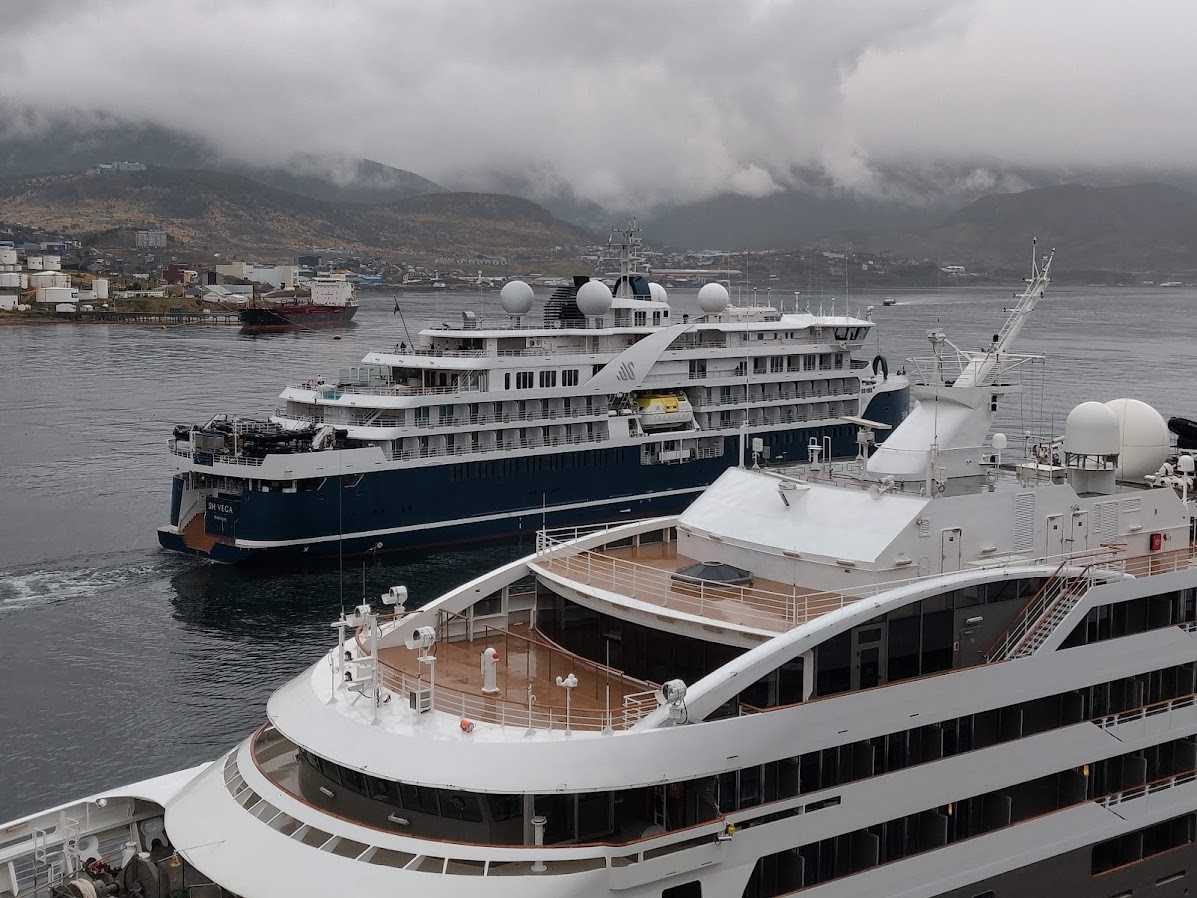
VB: Help me to understand the demographic profile of the tourists you manage in collaboration with Expedia. Are the majority of these tourists American? Additionally, would it be accurate to describe them predominantly as wine enthusiasts rather than professionals with formal ties to the wine industry?
PW: Yes, that’s correct. The majority of our cruise guests are from North America – primarily Americans, with a number of Canadians as well.
For many Europeans, say someone from France, the idea of taking a cruise on the Rhône might seem unnecessary. They might prefer to drive from Paris to the Côte d’Azur, stopping as they wish and holidaying on the Riviera without the need for a cruise. However, cruises offer a particularly appealing option for those who may not be as confident in handling all the logistics themselves. One of the great appeals of cruising is the convenience – it’s like having a floating hotel room. You fly to Amsterdam, sail up the Rhine River to Basel, and the ship docks just steps from the cathedral in Cologne. You only unpack once, yet you get to experience Amsterdam, Rüdesheim, and Basel seamlessly.
When it comes to their connection with wine, our passengers are generally not professionals but enthusiasts who deeply love wine. You might even encounter someone so passionate that they’ve written about wine for a local paper or worked at a wine shop – it’s more about passion than it is their career.
As for the demographics, a significant number of our clients are boomers, individuals nearing or at retirement age who’ve worked hard throughout their lives and now seek to dedicate time to exploring their passions. There’s a prevailing notion in the wine industry that boomers aren’t the primary audience for wine tourism, often focusing marketing efforts on millennials and Gen Z. However, on these cruises, I observe something different. Boomers are invigorated by new ideas and frequently discover wines they wouldn’t typically purchase. Thus, while millennials may currently be the biggest spenders in the wine market, boomers are a significant and vibrant group, keen to immerse themselves in new and thrilling wine experiences.
This is where baby boomers shine over millennials – they often have more time, don’t have dependent children at home, and can afford to extend a week-long cruise into a full two-week vacation. They possess the financial means for these not inexpensive cruises and are profoundly interested in wine, viewing these cruises as the ideal way to spend their leisure time. They remind us that it’s never too late to discover new passions.
VB: Have you encountered boomers on your cruises who discovered a passion for wine later in life, perhaps expressing surprise at how they’ve lived without it for so long?
PW: Absolutely, it happens quite often, especially on cruises. We tend to host smaller river cruises, which are intimate with about 80 to 130 passengers. These aren’t massive ocean liners; they’re more personal and the setting is perfect for discovery. For example, on the Rhône River cruises, the ship stops right in front of historical sites like Chateauneuf-du-Pape, right where the Popes once resided in Avignon. It’s incredibly convenient and immersive.
Sailing through these regions is like navigating through a live wine book. The passengers get to explore famous wine regions like Condrieu, Hermitage, and Saint-Joseph as they travel south from Lyon. Many of our guests might have heard of or even tried a wine from Hermitage or Chateauneuf-du-Pape maybe once in their lives. But on the cruise, they’re tasting a selection of these wines daily, either during tastings or at dinner. It truly opens up a new world for them – one that they could never experience in the same way back home.
VB: Can you elaborate on how these wine cruises are marketed and what makes them appealing to different types of passengers? What unique experiences do these cruises offer that attract both wine aficionados and travelers interested in specific destinations?
PW: These cruises are specifically marketed as wine experiences. We’re very much promoting them as wine cruises. It’s fascinating because people come on board for different reasons. Some are drawn by their fascination with wine and a desire to delve deeper into the wines of a particular region. Others might join because we offer unique destinations like Alaska or Tahiti, or even a recent trip I led to Jordan and Egypt, all paired with wine experiences. For instance, someone who has always dreamed of visiting Alaska might choose our wine cruise as the ideal way to experience it.
Many of our cruises are also hosted by wineries themselves. A lot of passengers are members of these wineries’ wine clubs, eager to spend more time with the winemaker or owner. For example, we frequently collaborate with Jean-Charles Boisset of the Boisset family from Burgundy, who now resides in Napa Valley. When he hosts a cruise, it often sails out of Lyon and includes visits to his family’s wineries in Burgundy. This provides our guests with a unique perspective – they experience Burgundy in a way that others simply cannot, because they are traveling with Jean-Charles Boisset and have access to exclusive experiences through the Boisset Foundation.
Also, many cruise customers take a cruise every year, and many take more than one. I have had some people as customers six or eight times. One man is always happy to tell me, ‘Paul, this is my seventh cruise with you. You have to make sure to tell new stories. Never tell the same story again!’ (Laughs).
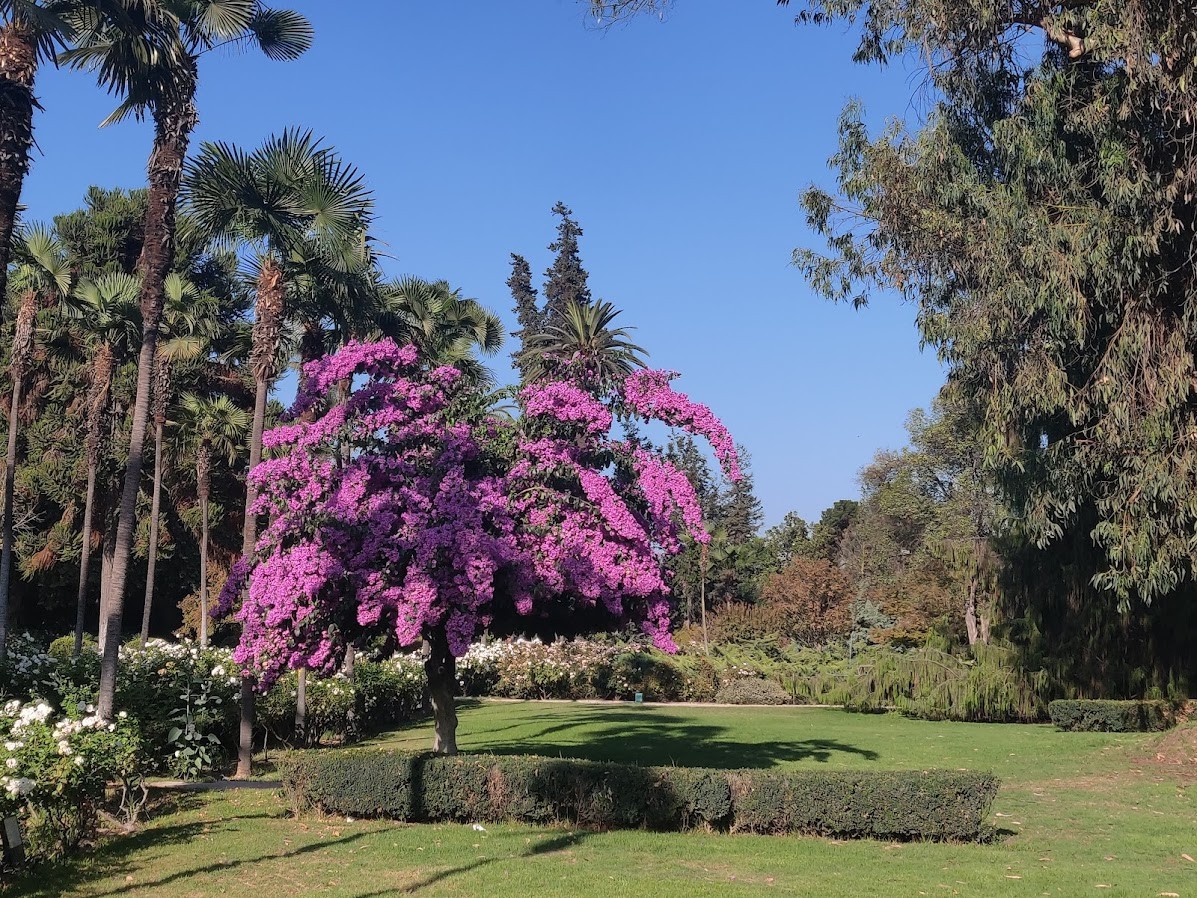
VB: It sounds like a very niche offering within a large company like Expedia. How does this fit into their broader tourism strategy?
PW: These wine-themed products are definitely niche, but they align well with Expedia’s general strategy. We focus on profitability but are also open to exploring new opportunities that might not be immediately lucrative if they promise long-term benefits. The vision is not merely about immediate gains; it’s about growth and expansion. Our meetings often circle back to the potential of new ventures, even if they don’t guarantee profits right away. If an initiative like a unique cruise builds new connections, it’s worth the risk because it positions us as innovators in the industry.
VB: Can you elaborate on how you collaborate with wineries to create these unique cruise experiences?
PW: Our approach with the wineries is clear-cut: we’re here to ensure this turns into a tremendous success for you. We’ll buy the wine directly from you, but our goal goes beyond just a transaction. We strive to design an experience so appealing that you’ll want to participate year after year for the next two decades. Marketing directors at prestigious wineries typically focus on two things: maintaining strong relationships with their top customers and finding more people like them. That’s where our wine cruises come in. They provide a perfect platform to deepen those connections. Picture this: a ship with 90 capacity but only 60 are your wine club members. The remaining 30, seeing your members enjoying exclusive wine tastings and special dinners, will naturally want to know, “Who are those people? How can I join them?” This curiosity is what great marketing is all about.
Moreover, it’s about nurturing a community of wine enthusiasts. Even though I’m retired now, I used to emphasize to my clients that their most valuable assets were not their barrels or their vines, but their customer relationships. Our wine cruises are powerful in strengthening these bonds. After a week of shared experiences, your customers don’t just remain customers; they become fervent advocates for your brand. They transform into evangelists, spreading their enthusiasm for your wines, thanks to the meaningful connections they’ve forged on the cruise.
VB: Do you think Expedia was a pioneer in this unique approach to wine tourism, and how do you view the competition from other cruise lines in shaping this niche market?
PW: I wouldn’t say Expedia Cruise Ship Center was the first to explore wine tourism, but they certainly perfected it. Many companies have a model where if you sell 10 cabins, you get one for free – it’s common among local colleges and restaurants too. However, Expedia’s vision went beyond just giving away a cabin for every 10 tickets sold. They asked, ‘How can we create an unparalleled experience that customers are willing to pay more for?’ This added-value approach set them apart, particularly in collaboration with wineries.
In my view, they face little real competition. While other companies offer wine cruises, their experiences are often limited to simple wine tastings and dinners. For example, you might have Jean-Charles Boisset on board pouring some of his wines. That’s a wine cruise, sure, but it’s different from what we do. We offer a series of three tastings and three wine and food pairing dinners that are each exceptional in their own way.
Take the Grand France project we did last year. We spent four weeks navigating French waters, starting in Bordeaux where we hosted dinners with Chateau owners onboard, featuring wines from Chateau Margaux and Chateau Latour. This wasn’t just about filling cabins; it was about creating memorable experiences. From the Seine, sailing from Paris to Normandy and back, we introduced guests to the best champagnes and wines from Alsace and the Loire Valley. Each cruise I hosted featured a renowned journalist who conducted one of the tastings, elevating it to a world-class event. This level of detail and quality is what differentiates Expedia’s approach in the wine cruise market.
VB: Can you detail the amount of time you dedicate to these cruises annually? Considering the extensive travel, especially considering last year’s busy schedule, it almost seems like a full-time commitment. Are you really retired? (Laughs).
PW: Yes, last year was exceptionally busy. We spent four weeks cruising through the rivers of France, and that was just part of it. I also led a cruise that started in Buenos Aires, then moved to Montevideo, circled around Argentina, traveled up the coast of Chile, and concluded in Lima, Peru. On this particular trip, one of my former students from the first intake at Wintour hosted a dinner in Buenos Aires at a classic Asado restaurant, pouring wines from his family’s vineyard. His name is Francisco Fraguas. He’s a remarkable person, and his wines are outstanding – everyone absolutely loved both him and his wines.
After that, the journey continued with visits to renowned wineries across Argentina, Chile, and Uruguay where I conducted wine tastings. I was home for about 10 days before heading out again for the four-week voyage across France’s rivers. And then, I embarked on yet another cruise. By the end of the year, I had spent roughly nine weeks traveling. So, while I say I’m retired, the reality is I’m still quite involved in these wine cruises. It’s almost like being semi-retired, with the amount of planning and traveling these adventures require.
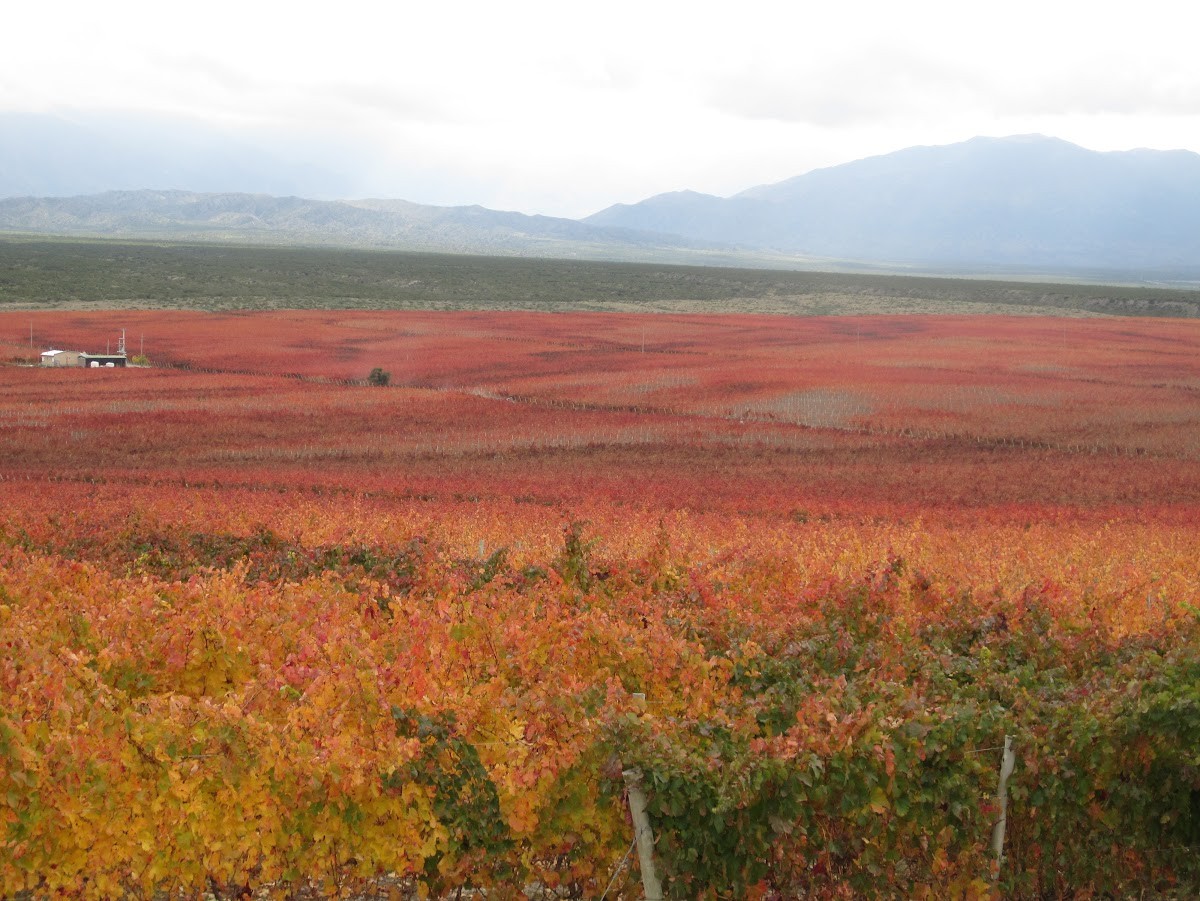
VB: You’ve mentioned collaborating with wineries and wine clubs, enhancing client experiences. Is this network building primarily your effort, or is it a team endeavor, especially considering the complexity of organizing these wine tours?
PW: It’s definitely a team effort. While the cruise line, such as Ama Waterways, handles their series of activities and has its own connections, I bring additional expertise and ideas to the table due to my extensive network in the wine industry.
On one of my initial voyages along the Rhone river with Ama Waterways, I was joined by Tim Gaiser, Master Sommelier. During a wine tasting organized by Ama at a cooperative in Tain Hermitage, the speaker impressed us so much that we introduced ourselves and exchanged contact information afterward. The next day, we participated in a vineyard tour at Chapoutier, led by Guillaume Reynaud, who had been one of the speakers at the tasting. Recognizing us from the day before, he was delighted that we joined the tour.
Such networking has enabled the creation of unique experiences. For instance, on a subsequent Rhone cruise, I suggested to Ama Waterways that we host a special dinner during our stop at Tain Hermitage. We invited sommelier students from a nearby school (who were Guillaume Reynaud’s students) to dine with our guests on the ship, providing them with a practical environment to discuss wine with Americans. This was not only great practice for the students but also provided a memorable experience for our guests. This approach to creating connections and crafting enhanced experiences is how I like to operate – it’s all about leveraging relationships to offer something truly special and unique that you couldn’t achieve on your own.
VB: As we look ahead, could you detail some of the wine cruises planned for 2025?
PW: Absolutely! We have three exciting cruises lined up for 2025, each bringing a unique experience. The first one sails along the Seine River in partnership with the American Wine Society, marking our sixth consecutive year with them. They’re the largest consumer wine organization in the world, boasting about seven thousand members. Each year, we host a wine cruise that also contributes a portion of its revenue to the American Wine Society, helping us reach a vast audience.
This cruise is always a hit – we’ll be exploring Champagne, the Loire Valley, and Alsatian wines along the Seine. Right after that, I’m heading to Amsterdam to meet up with my friend, master sommelier Tim Gaiser. We’re embarking on a journey from Amsterdam to Budapest, cruising up the Rhine, crossing the canal, then sailing down the Danube. This route gives us the chance to sample wines from Germany, Austria, and Hungary. Organizing this with Tim is always a highlight, deciding which wines to taste, which wineries to visit, and even inviting local winemakers to come aboard, especially in Hungary where I have connections from representing the Dry Furmint Project.
Then, the grand finale for next year is the cruise from Rome to Istanbul, a route I specifically requested because I’ve always wanted to spend time in Istanbul. It starts in Rome, sails to Malta, passes through the Greek islands, and then traces the Turkish coast. We’ll indulge in Italian, Greek, and Turkish wines, embracing the rich cultures and flavors of each region. This cruise isn’t just about wine tasting – it’s about having a blast while soaking in the beauty and history of these ancient lands.
VB: How long do your wine cruises typically last, and what sort of planning goes into scheduling them?
PW: The tours usually last between 12 to 14 days. People often book these cruises for significant occasions like anniversaries or birthdays, sometimes planning as far as two years in advance. Right now, we’re already discussing plans for 2026 and even some for 2027. We’re always thinking ahead about what we want to achieve, which dates will work, and how to navigate the busy schedules of winemakers, especially since September is an ideal but challenging month for wine cruises due to the harvest season.
In 2026, for instance, we’re planning to partner again with the American Wine Society for a cruise that might go from Rome to Athens – a new route for that group. But we’re also exploring other possibilities. AMA Waterways is considering launching a cruise on the Magdalena River in Colombia. While it’s not wine-related, it promises to be an exciting adventure. We’re constantly looking for fresh ideas and new approaches to keep these experiences engaging.
Ultimately, wherever we go, wine has a way of connecting everyone, bridging diverse cultures and backgrounds.
VB: Considering the popularity of river cruises in Europe, it seems surprising that the integration of cruise liners into these regions isn’t more widespread. Can you share your thoughts on why this might be?
PW: Actually, river cruises have been a big part of European travel for quite some time. But you’re touching on a complex issue because the reception isn’t uniformly positive across all communities. While river cruising is less contentious, there are still reservations about cruise ships in general. For instance, when I was cruising on the Nile, I learned there are about 300 ships operating similar itineraries. Imagine docking at a small port where, even during a slow season, you might find six to eight ships at once. I was told that in peak times, it could be 20 or 30, all crowding into one small town.
This influx creates a dynamic where cities like Venice and Dubrovnik have had to take steps to limit the impacts. Venice has banned cruise ships from the Grand Canal, and Dubrovnik has capped the number of visiting ships. The issue here is that while these ships bring a lot of people into the cities during the day, they leave by night, which can be overwhelming for the locals and not always beneficial.
This is a sustainability concern, similar to challenges we face in Napa with the impact of tourism. It’s something that requires careful consideration and balance. I’ve actually written an in-depth article on this subject for a local publication here in Napa, discussing these very challenges. It’s slated for publication next month, diving deep into the nuances of tourism and community impact. (Editorial Note: We will provide updates on Paul’s article immediately following its publication).
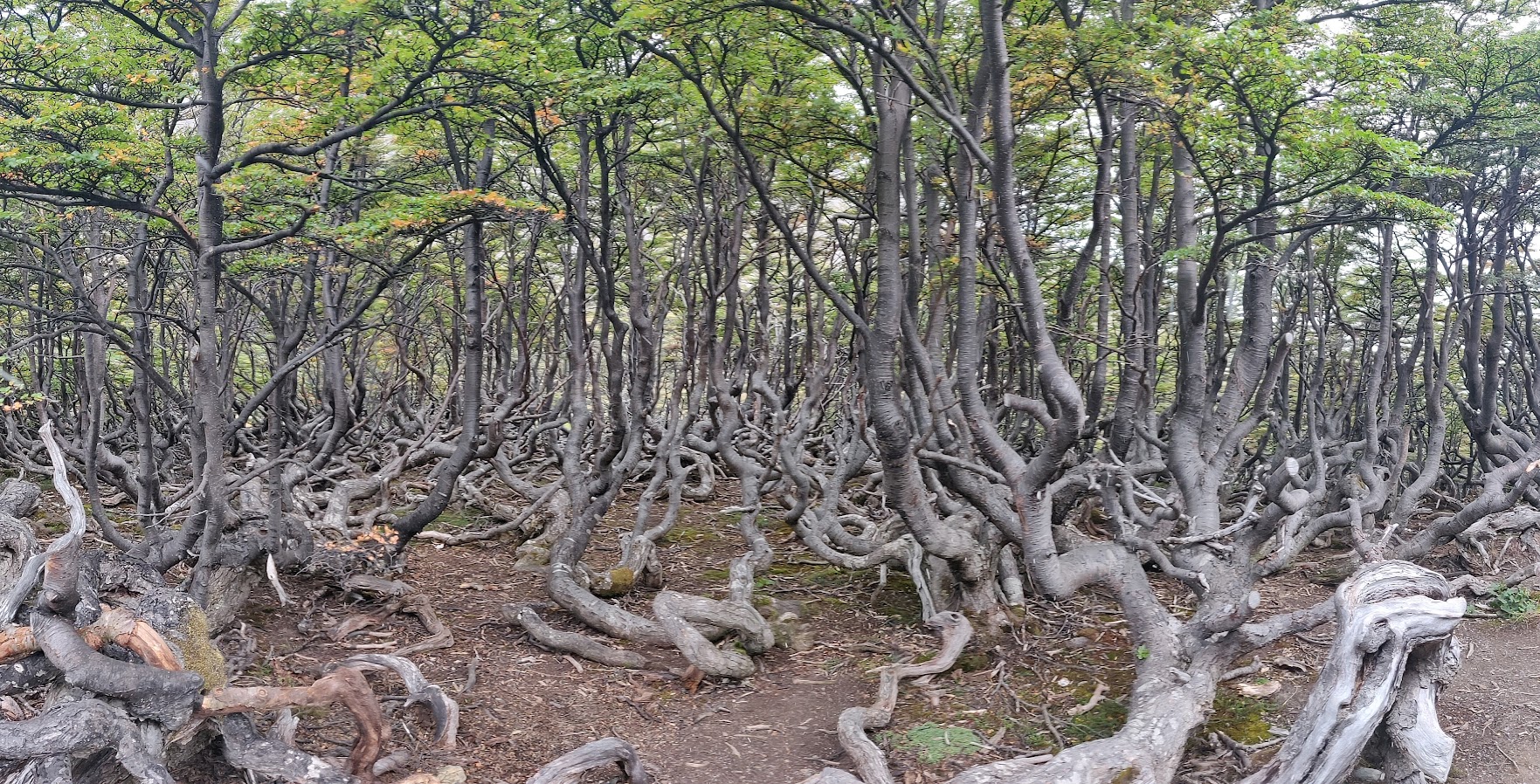
VB: How does Expedia Cruises incorporate feedback to improve their tours?
PW: Expedia Cruises takes feedback collection very seriously, employing a methodical approach. Every passenger is given a survey, ensuring that the cruise lines gather comprehensive input after each journey. In our office, while we don’t always use surveys, we prioritize direct communication. Unlike typical online bookings, our customers interact with a live person for every reservation. This allows for a more nuanced feedback process. Instead of just rating experiences numerically, our conversations delve into specific aspects of their trip – what they loved, what could be better. This ongoing dialogue helps us understand not just the superficial details but also any underlying issues. It makes our feedback loop much more personal and immediate. If a problem arises, our customers know they have someone to call, not just a feedback form to fill out. This direct connection fosters a relationship where they don’t just see us as a service, but as a trusted friend in travel.
VB: Expedia Group has received numerous awards. How do you think these awards influence customer perceptions, especially in the context of wine tourism? Do you see them as an effective marketing tool?
PW: Absolutely, awards are incredibly impactful. You know, it’s easy to forget that while customers are on vacation, they’re not looking to take risks with their experiences. They might be up for adventure, like skydiving, but when it comes to their holiday plans, they want certainty that they’re making the right choice. This is why awards are so vital – they signal quality and reliability. It’s like a certification that what you’re choosing is a safe bet, that you’re going to have a good time because it’s been vetted and praised by others.
For instance, think about tourists visiting the Napa Valley. There are over a thousand wineries, but where do most people stop first? They stop at the wineries they’ve heard of, the ones they know produce good wine, because they want to start their vacation on a sure footing. Once they feel confident, they might explore lesser-known spots.
That’s exactly the role awards play in our business. When choosing a cruise, people look for those that have racked up accolades. They think, ‘Here’s a cruise that has won gold medals for the last seven years. That’s the one I want.’ They avoid the unknowns, especially when they’re investing not just their money but their most precious vacation time. In this light, awards are not just a marketing tool; they’re essential for ensuring customers feel secure and excited about their travel choices.
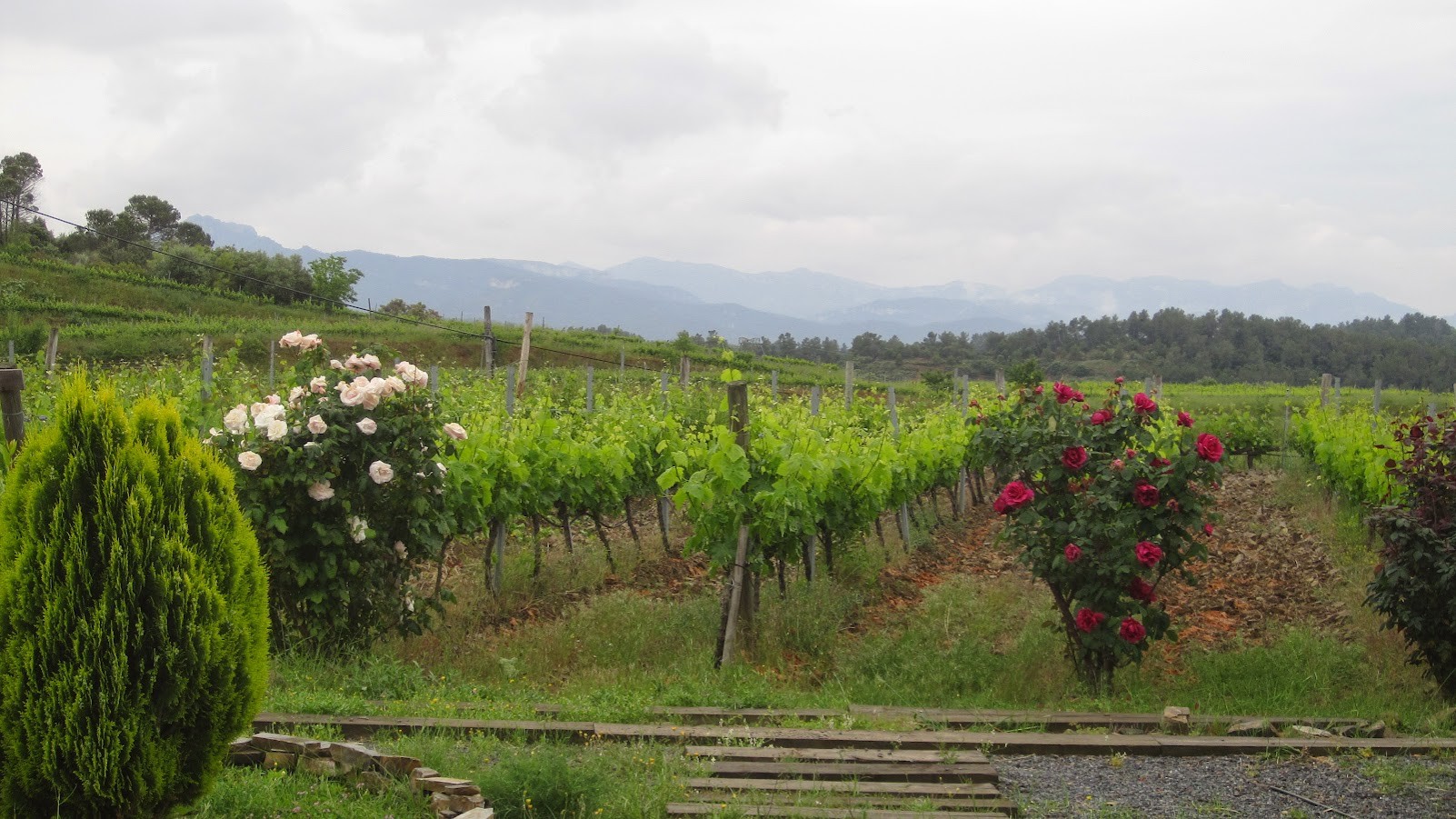
Stay connected with Wine Travel Awards:
- Facebook: https://www.facebook.com/WineTravelAwards/
- Instagram: https://www.instagram.com/winetravelawards
- LinkedIn: https://www.linkedin.com/company/winetravelawards/
